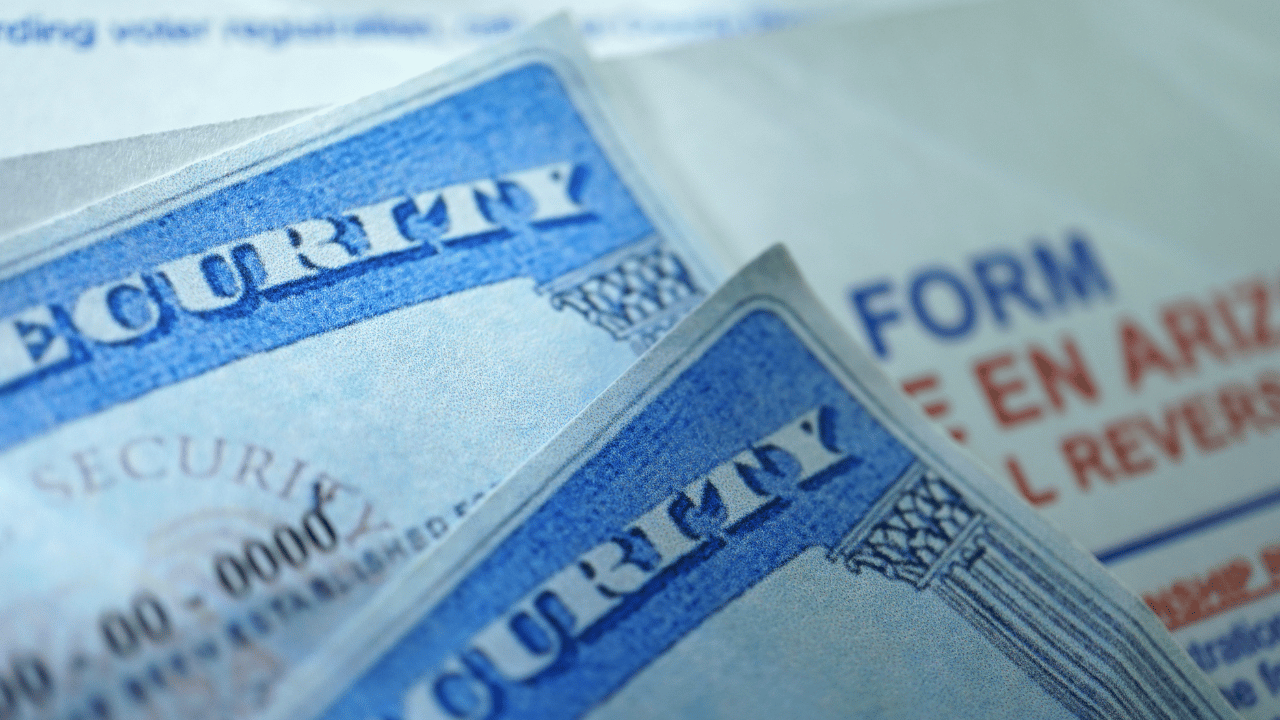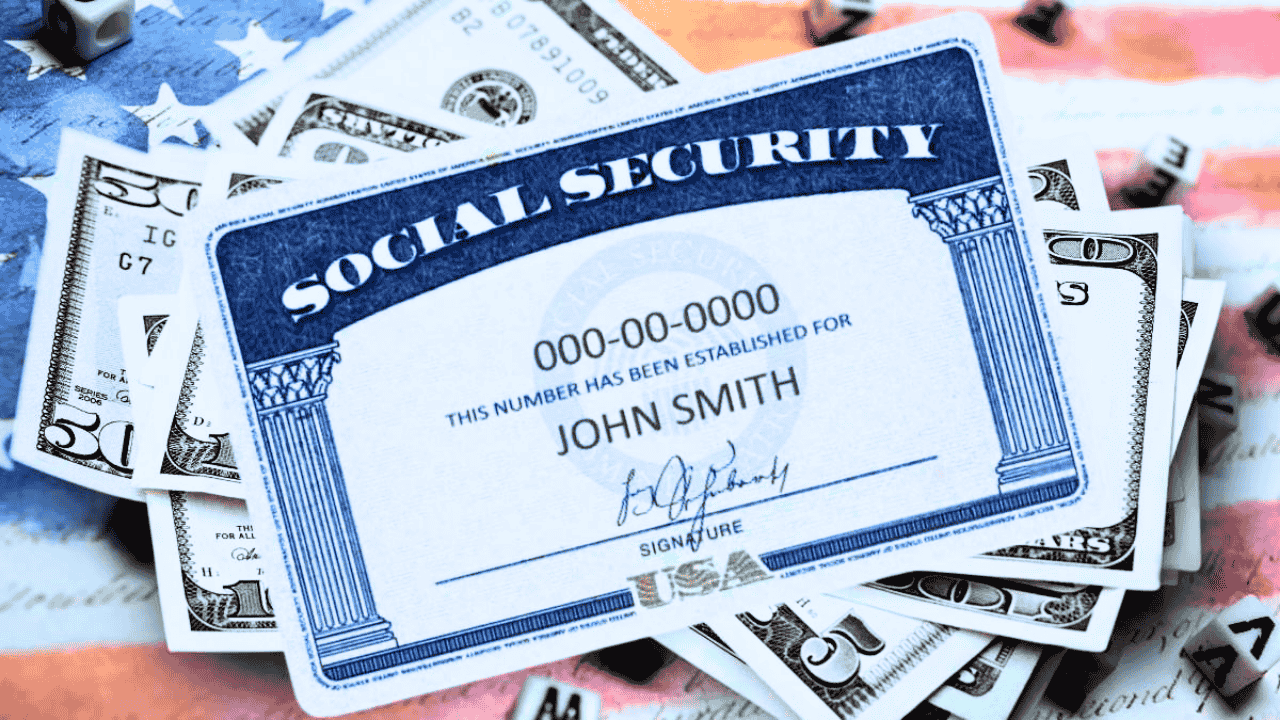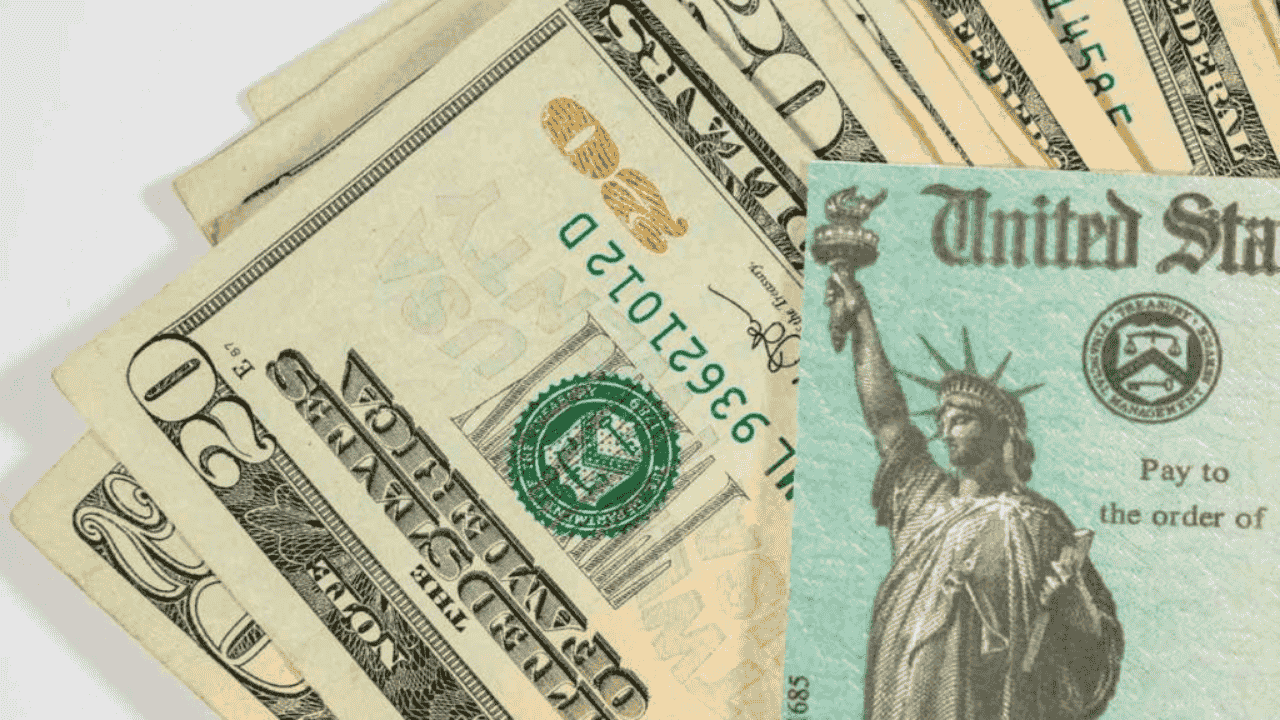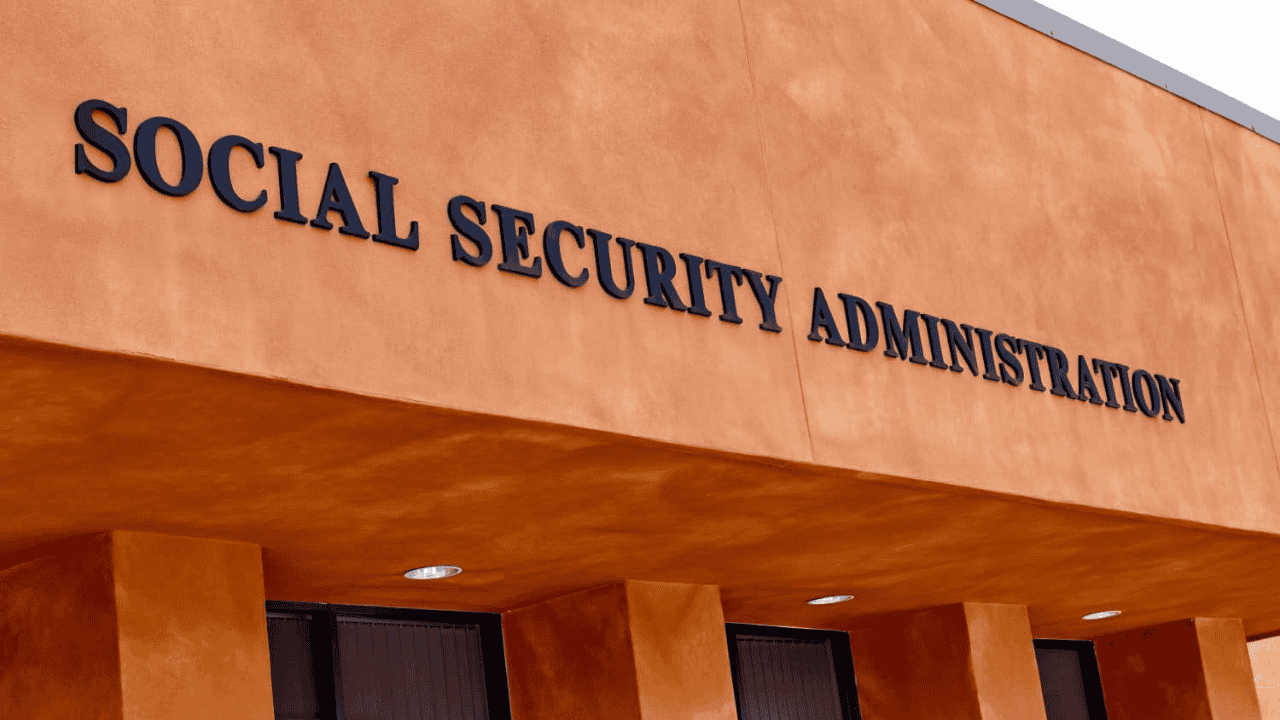Student loan forgiveness under the Income-Based Repayment (IBR) plan has been temporarily paused. The U.S. Department of Education announced that system updates are underway, which has led to this halt. While no court action has directly targeted IBR, it remains the only income-driven repayment plan not facing legal interference, making this pause confusing for many.
The reason for this decision hasn’t been clearly explained, but it appears linked to broader legal battles over other repayment programs like SAVE. For borrowers nearing forgiveness or already qualified, this suspension has raised concerns and added more uncertainty to an already complicated repayment system.
IBR Forgiveness Put on Hold: What Happened?

The U.S. Department of Education has confirmed that student loan forgiveness under the Income-Based Repayment (IBR) plan is on hold. This update came through recent guidance related to ongoing legal challenges affecting other student loan repayment programs. Although IBR itself hasn’t been blocked by any court orders, it’s now on pause due to internal system updates. This unexpected move has left many borrowers who were waiting for loan discharge in a state of limbo.
According to the department, these system updates are needed to ensure accurate tracking of eligible repayment months, particularly those not affected by legal injunctions. For borrowers who’ve reached the required repayment time and expected their loans to be forgiven, this has understandably led to frustration and confusion.
Understanding the IBR Plan
The Income-Based Repayment (IBR) plan is designed to make student loan payments more manageable by capping monthly payments based on a borrower’s income and family size. For those who borrowed before July 1, 2014, monthly payments typically equal 15% of their discretionary income. For newer borrowers, the cap is reduced to 10%. Payments are recalculated each year, and if the full loan amount isn’t repaid after a certain period—20 or 25 years depending on when the loan was taken—any remaining balance is forgiven.
IBR has long been seen as a practical path to eventual student loan forgiveness for many low- to middle-income borrowers. Since it isn’t under legal threat like other programs such as the SAVE plan, the sudden halt has left many questioning the reasons behind the decision.
What’s Behind the Suspension?
Although the Department of Education hasn’t shared detailed reasons for the pause, it hinted that the action was necessary to ensure months not impacted by court injunctions are properly counted. The reference to the SAVE plan suggests that although IBR isn’t directly involved in ongoing legal fights, it’s been caught up in the broader administrative response.
Forbes reported that a federal appeals court recently issued an injunction blocking core elements of the SAVE plan, which is also an income-driven repayment plan. The department’s updates might be a response to that ruling, ensuring all IDR programs—including IBR—are operating with accurate data before processing further forgiveness.
What Can Borrowers Expect?
At this point, the Department has said that IBR forgiveness will resume once system updates are complete, but no clear timeline has been offered. Borrowers eligible for forgiveness should keep a close eye on official updates from the Department of Education and their loan servicers. While the pause is labeled as temporary, the lack of transparency and specifics leaves a lot of room for concern.
In the meantime, those enrolled in IBR should continue making their scheduled payments and document their communication with servicers. Staying informed and proactive is key until more clarity is provided.









